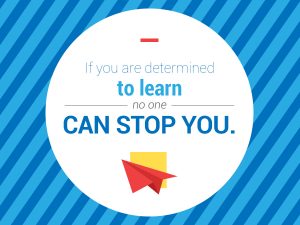English Conversation 1 – I’m so Happy (Estoy tan Feliz)
Welcome. Today is a fantastic day. The sun is shining, at least where I am, I have coffee and a lovely dialogue for you. Yes, this is the first in a new series of podcast style episodes, where we’re going to read through a dialogue and look at some of the keywords.
Dialogues are, in my opinion, one of the best ways to learn because you’re able to get into the rhythm of a natural conversation, and I encourage you to write your own dialogues as soon as you feel you have the tools to do so.

So, today we have a conversation between Oscar and Santiago, and Oscar has some good news. Here we go.
Without translations (Sin traducciones)
Oscar: I’m so happy today.
Santiago: You always are.
Oscar: Yes, that’s right. But today I’m even happier.
Santiago: Why is that?
Oscar: Because I’ve won the lottery!
Santiago: Seriously?
Oscar: Of course.
Santiago: How much have you won?
Oscar: Three million.
Santiago: Fantastic. So what will you do now?
Oscar: I’ll travel.
Santiago: Oh, where are you going?
Oscar: To Peru.
Santiago: Sounds good. Remember to take lots of photos
Oscar: I will.
Santiago: What will you do when you get back from Peru?
Oscar: I’ll travel again.
Santiago: So take me with you.
Oscar: Well, why not?
Santiago: I’m already looking forward to it.
Oscar: One day you’ll win the lottery, too. I’m sure about that.
Now let’s hear it one more time with translations.
With translations (Con traducciones)
Oscar: I’m so happy today.
Oscar: Hoy estoy tan feliz…
Santiago: You always are.
Santiago: Siempre lo estás.
Oscar: Yes, that’s right. But today I’m even happier.
Oscar: Sí, cierto. Pero hoy estoy más feliz.
Santiago: Why is that?
Santiago: ¿Y por qué?
Oscar: Because I’ve won the lottery
Oscar: Porque gané la lotería.
Santiago: Seriously?
Santiago: ¿En serio?
Oscar: Of course.
Oscar: Por supuesto.
Santiago: How much have you won?
Santiago: ¿Cuánto dinero ganaste?
Oscar: Three million.
Oscar: Tres millones.
Santiago: Fantastic. So what will you do now?
Santiago: Fantástico. ¿Qué vas hacer ahora?
Oscar: I’ll travel.
Oscar: Quiero viajar.
Santiago: Oh, where are you going?
Santiago: ¿A dónde quieres ir?
Oscar: To Peru.
Oscar: A Perú.
Santiago: It sounds good. Remember to take a lot of photos
Santiago: Eso suena bien. Recuerda tomar muchas fotos.
Oscar: I will
Oscar: Eso haré.
Santiago: What will you do when you get back from Peru?
Santiago: ¿Qué quieres hacer cuándo regreses de Perú?
Oscar: I’ll travel again.
Oscar: Quiero viajar de nuevo.
Santiago: So take me with you.
Santiago: Llévame contigo.
Oscar: Well, why not?
Oscar: Bueno, ¿por qué no?
Santiago: I’m already looking forward to it.
Santiago: Ya estoy emocionado.
Oscar: One day you’ll win the lottery, too. I’m sure about that.
Oscar: Un día tú también ganarás la lotería. Estoy seguro.
Keywords
Even
This word has several uses in English. Of course, we could talk about “even numbers” or if two teams have the same score, they are even.
You can also use it in a “slangy” way to say that you have done something or have not done anything at all: I haven’t even eaten yet (Ni siquiera he comido todavía)
In some cases, it could be translated as at all or not at all: Do you even like me? (¿Acaso te gusto?)
In the dialogue, we have the word even before the word happier. It’s used in this way to show that you feel something more than previously, or that something is more than it previously was:
Even louder (louder than before) – todavía / aún más alto
Even cheaper (cheaper than before) – incluso / aún más barato
Even fatter (fatter than before) – todavía / aún más gordo
Even sadder (sadder than before) – aún / incluso más triste
Million
This is an easy one. Basically, be careful not to say three millions, that is, million with an S. The word million is the same in singular form as plural form. Here are a few more examples:
One million / two million – un millón / dos millones
One sheep / two sheep – una oveja / dos ovejas
One fish / two fish – un pez / dos peces
One foot / two feet (This one is slightly different, but I’ve heard many times: two foots or two feets. Both are wrong). – un pie / dos pies
Go / Travel
In the dialogue, Santiago asks the question:
Where will you go? (¿A dónde quieres ir?) As we’re talking about traveling, you could easily ask something like:
Where will you travel to? (¿A dónde viajarás?), but this sounds a little stiff in English. It’s much more common to simply ask: Where will you go? OR where are you going?
Sounds
This is a very common way to give your opinion about something. The full sentence would be: It/that sounds good. But it’s not really necessary to add it or that at the start. You can simply say sounds followed by an adjective:
Sounds good – suena bien –
Sounds awful – suena horrible –
Sounds awesome – suena impresionante / genial / fabuloso –
Well, I think that’s all for today’s keywords. I hope you enjoyed the dialogue and learned something useful.
There are two follow-up exercises you can do:
1- Read in a loud voice. Record yourself and then, listen. How natural do you sound?
2- Write a similar dialogue and ask your teacher to correct it. If you don’t have a teacher today you can post it below and we’ll gladly give you some feedback.
Lastly, if there are any phrases or words you want to know more about, drop a comment below.
See you again next time.
Podcast: Play in new window | Download

